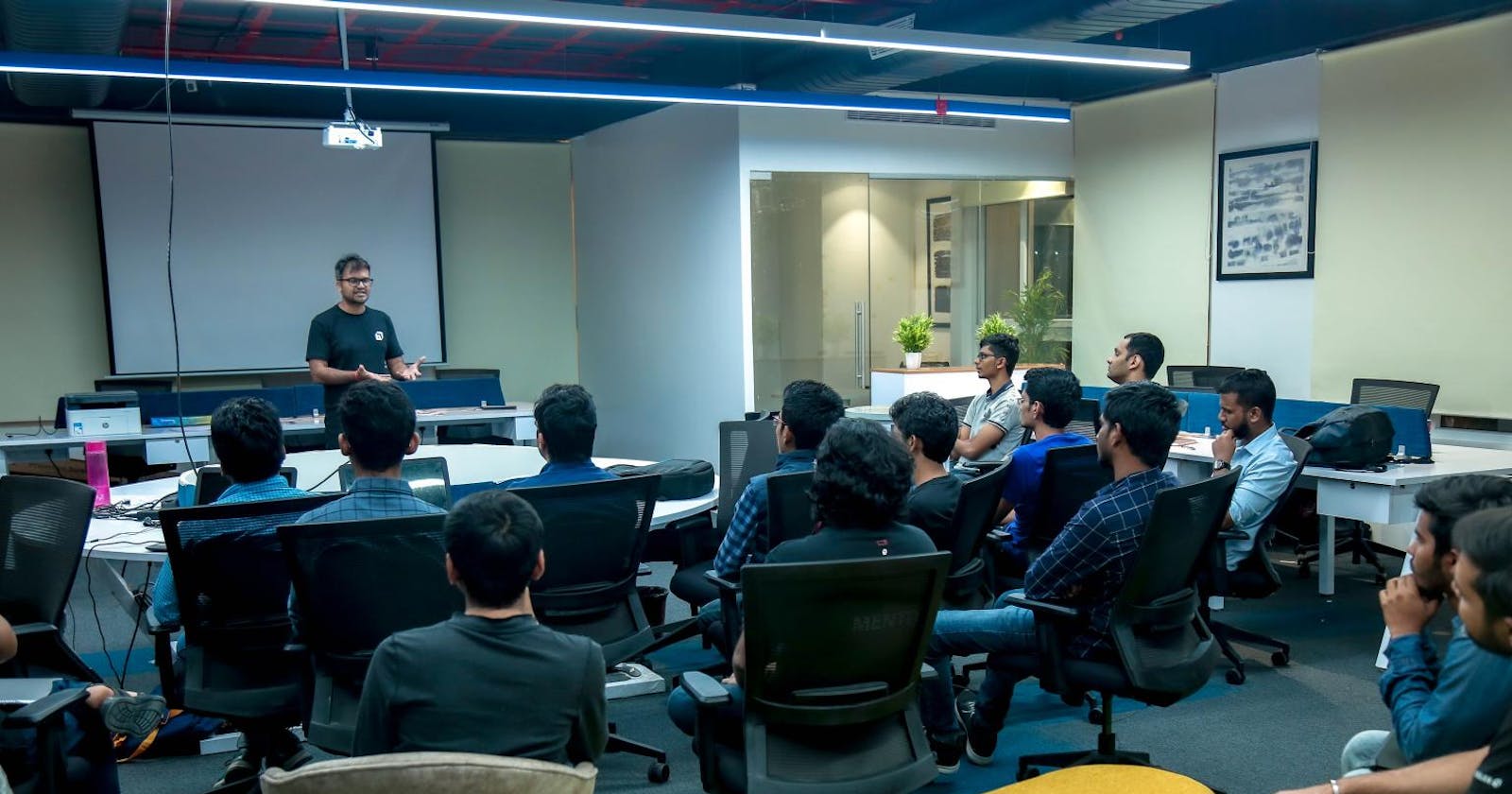Are you an engineer? If you are on this blog, chances are high. For decades, India has been producing engineers aplenty, thanks in part to the stiff competition it takes to get into the top tier-I colleges that produce the best out there. But there has been a steady rise in private colleges too, as demand has swiftly grown.
With almost 1.5 million such engineers going out into the world every year, trying to find employment after graduation, the problem starts when one looks at the massive unemployment numbers. According to an employability survey by Aspiring Minds in 2019, 80 percent of Indian engineers weren’t job-ready. Many of them, for obvious reasons, belong to the computer science stream and the survey found that only 4.6 percent could write good code!
But then, is it fair to put all the blame on any of the parties involved? Is it the engineering colleges that don’t teach well enough? Or, is it the students who don’t put enough effort and end up short of company expectations? The real problem, perhaps, lies in the way things currently stand when it comes to higher education.
For one, college curriculums have long remained stagnant while the pace at which the tech industry has progressed has been phenomenal. The last decade, in particular, saw massive leaps in how the masses use technology. Be it cloud computing or the growing influence of everything mobile, things have changed drastically. The same can hardly be said about what is taught in classrooms.
The lack of regular coding, an aspirational peer group that motivates, and often the absence of that one true mentor-like figure can be some massive roadblocks in the way of a learner who wants to have a career as a software engineer. Even if one considers those who end up getting a job, the numbers don’t look too glowy when it comes to working at companies that build actual products.
An Amazon or a Google, or even something closer to homes like Razorpay or Zeta may seem like a distant dream. But, doesn’t every problem have a plausible solution?
That’s where online content has truly revolutionized things. Be it YouTube, or websites that help one practice coding problems for free (CodeChef, InterviewBit, LeetCode), content creators have made a massive dent in the stereotype that only those in top colleges can make it as software engineers in top tech companies.
However, there still lies a caveat. Many of these solve only one part of the problem: content. What about mentorship, doubt solving, help with interview preparation, or something as simple as a peer group that inspires?
That’s where we come in. At Scaler, we focus on producing the finest software engineers. The aim has always been to bridge the gap that exists between college education and industry requirements. And how we do that is not only through our stellar army of teachers, who have all been software engineers at top tech companies themselves, but by eliminating all possible roadblocks.
Our mentors are industry veterans who understand the current state of how things stand, while our teaching assistants are always available for doubt-solving sessions. With batches formed on the basis of entrance test performance, one gets a fabulous peer group to learn with and to top it all, there is the additional benefit of placement support.
The three courses, Scaler Academy, Scaler Edge, and Scaler Plus, all cater to varying audiences and have seen wide acceptance in the little time that we have spent in upskilling students across the country. You don’t have to just trust what we say, our students have been very kind with their words so far.
Given the clear gap that currently exists, educational platforms like Scaler will only continue to broaden their horizons. And if past performance is anything to go by, it is safe to assume that educational transformation will happen, whether it is tomorrow or the day after.
